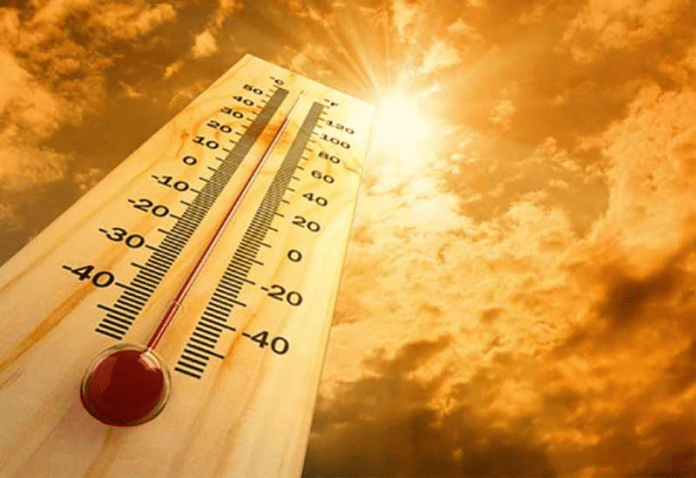A recent study warned that the continued rise in temperatures in Kuwait will negatively affect people’s health, and increase the death rate, indicating that by the end of this century, 14 out of every 100 deaths in Kuwait may be due to the harsh climatic change, bearing in mind that the effects of climate change will not be equal for all segments of society in Kuwait particularly those who work in extreme conditions and more vulnerable to heat.
The study in this regard, according to a local Arabic daily, was published in the journal ‘Environmental Research Letters’, which was prepared by the assistant professor in the Department of Environmental and Occupational Health at the College of Public Health at Kuwait University Dr. Barak Al-Ahmad as Principal Investigator, and international researchers Anna Maria Cabrera, Kai Chin, Arad Garchik, Aaron Bernstein, Joel Schwartz and Petros Kotrakis, funded by the Kuwait Foundation for the Advancement of Sciences, in collaboration with the Harvard Center for Climate, Health and Global Environment, and the Yale Center for Health and Climate Change in the United States of America, and the Berne Institute for Preventive Health Studies “Escher Center” in Switzerland.
The study indicated that the pace of temperature rise since the 1990s in Kuwait to the present day can be termed ‘unprecedented’ compared to temperatures in the first decade (from 2000 to 2009).
It is expected that we will witness an increase in average temperatures by 1.8 to 2.6 degrees Celsius by in 2059, and 2.7 to 5.5 degrees Celsius by 2099, which means that the temperature can exceed the 40 degrees Celsius mark in more than 4 months of the year.
The study indicated that exposure to high temperatures leads to a deterioration in the health condition of those who have chronic diseases, which may lead to death directly or indirectly, and an increase of 5% to 11% is expected in the death rate due to heat in the State of Kuwait.

















